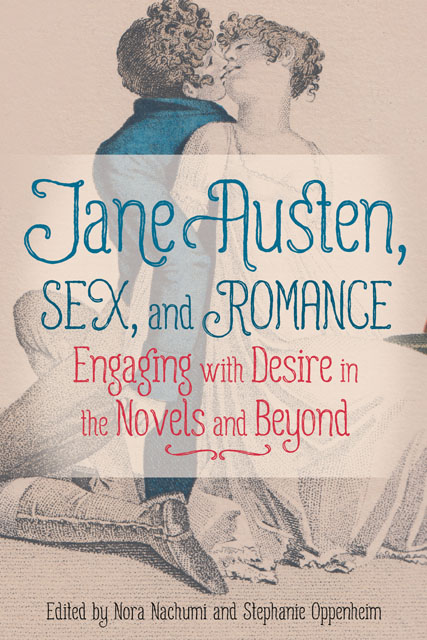Book contents
6 - What’s Hidden in Highbury?
Published online by Cambridge University Press: 11 January 2023
Summary
As a reader of Jane Austen with academic credentials, I used to be leery of sequels, retellings, mashups, and other spin-offs produced by nonacademic fans of Austen’s novels. Yet the recent explosion of Austen-inspired writing, as well as new critical approaches focusing on Austen’s popular reception, finally tempted me to give fan fiction a chance. Reading the fiction I had previously scorned, I underwent a conversion experience. I discovered that fiction written by and for Austen fans can function as critical commentary, not unlike an academic article. Like scholars, fan fiction authors call attention to aspects of the work that have been overlooked, offering new possibilities for interpretation. And if Austen fans resemble Austen scholars, perhaps I might embrace the fact that scholars resemble fans. We are in it not only for intellectual satisfaction, but to satisfy more private, less professional, desires.
With this premise, I embarked on a course of reading Austenesque novels based on Emma to see what insights they might provide not only into Austen’s novel but into my own fannish tendencies as a reader. I chose Emma because it is my favorite Austen novel and because I have always found it oddly titillating. In my reading, the secret engagement of Jane Fairfax and Frank Churchill generates palpable heat. I wondered what writers of Emma-inspired fiction could bring to my understanding of the novel by tapping into the erotic energy that we literary critics often disregard. What might their more subjective responses to literature tell us about our reading practices? And how might they illuminate Austen’s craft, which heightens erotic tension even as she keeps it hidden? In other words, I wanted to have it both ways: to enjoy the dramatization of Frank and Jane’s backstory that I expected to find in the fiction, and to paper over my salacious interest in their sex life with academic questions.
This attempt to balance analysis with enthusiasm, combining aspects of academic and fan identities, places me in a hybrid position described by scholars of fan studies. As Cornel Sandvoss argues, “Fan studies has . . . eroded the boundaries between audiences and scholars, between fan and academic more than any other field.” The identity of those who attempt to cross the boundary has been given various names.
- Type
- Chapter
- Information
- Jane Austen, Sex, and RomanceEngaging with Desire in the Novels and Beyond, pp. 101 - 120Publisher: Boydell & BrewerPrint publication year: 2022

